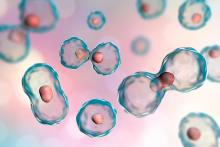
Many cities across Europe are aiming to become truly circular not only by recycling 100 % of the resources available from waste materials, but also by changing their production modes and optimising materials’ flows. The EU-funded REFLOW project developed innovative tools and guidelines to help them achieve this goal. The work will support greener cities for citizens.









